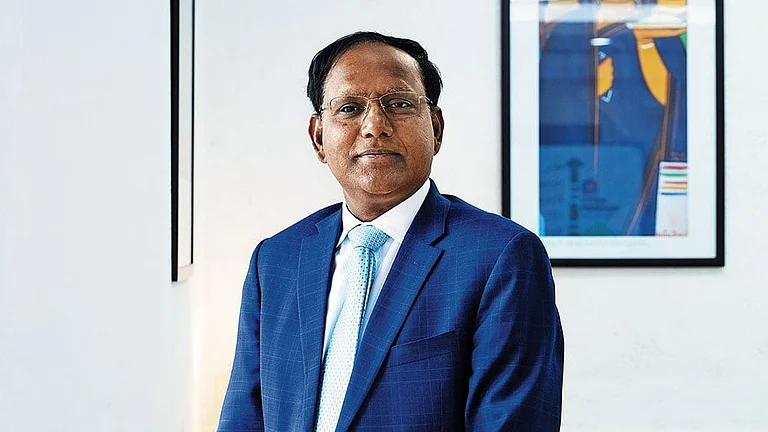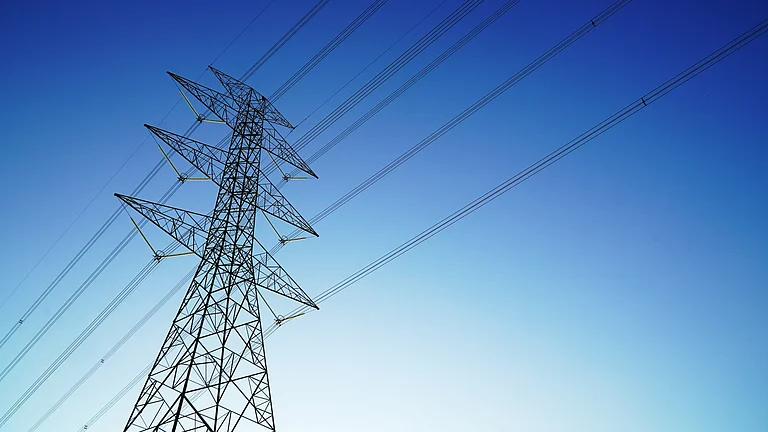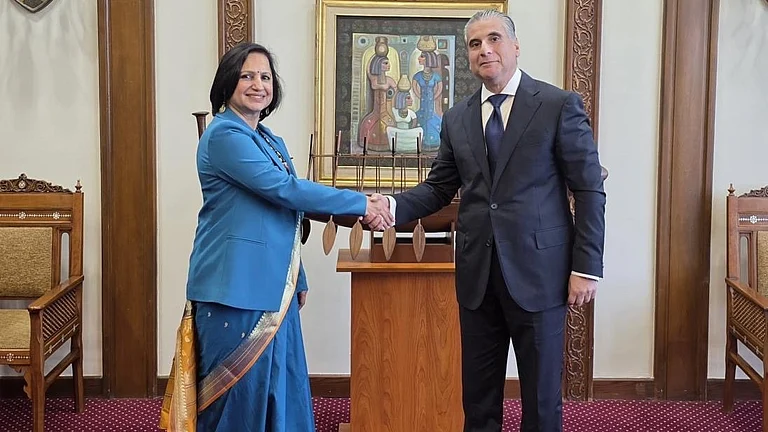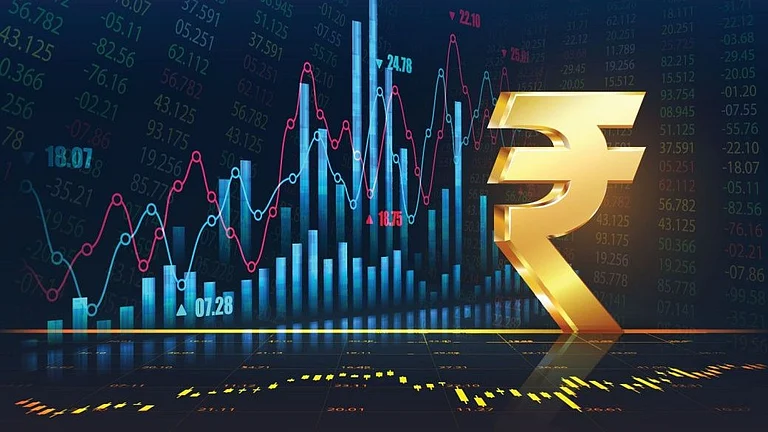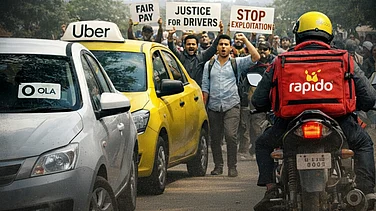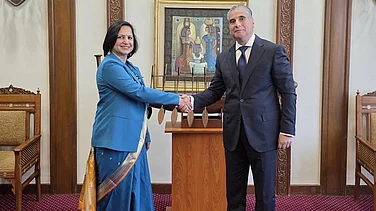Finance Minister Nirmala Sitharaman said multilateral organizations, particularly the development banks, have quite a few pending reforms and the organizations themselves are not reflective of the membership and subscription weightage.
“And that is also something which we need to take up (G20 Presidency). I think we have to understand how multilateral institutions, international financing institutions, are going to be better reformed institutions. Are they going to serve with better vigour, have they become fatigued out, do they have newer thoughts, are they looking at 21st century ways of leveraging the funds they have? Do they know or do they want to bring in greater resources?” Sitharaman said these would be one of the key areas of focus for India’s G20 Presidency.
Finalising India’s priorities
The finance minister said that, though India was still finalizing its priorities as G20 President, there were broadly few focus areas that had been identified.
One of them was the way G20 has dealt with the debt-related matters of countries and provided relief for the countries which were stressed, by providing liquidity through the allocation of special drawing rights.
“From where (funds will be sourced) is a different question but do they want to fund themselves better? Do they want to unlock the potential they have better? And therefore, multilateral institutions, particularly financing (ones), will be a matter of debate. The tone of that has already been set by the Honourable Prime Minister, where he has been calling for the reform of institutions like the UN, IMF, World Bank,” Sitharaman said.
The finance minister added that reforming these institutions was the need of the hour as they are not leveraging the endowments they have, optimally, nor do they have a plan through which to better address the concerns of further funding countries and their developmental goals.
She said India is in a very unique position, having carefully trodden on an independent position in today's global geo-political situation.
“India's very carefully maintaining its position and voicing for the emerging markets, voicing for the low and middle-income countries and trying to make sure all our voices are heard, particularly at a time when we are also facing the collateral spillovers. The kind of things that India will prioritise on will also prioritise the spillovers and will speak on the spillovers,” Sitharaman said.
Emerging Economies And Spillover Effects
She said it was important to deliberate on how much could India and low- and middle-income countries bear the brunt of the spillovers and how prepared can emerging economies be for unpredictable spillovers. “And therefore, discussions on spillovers will certainly be one of the priorities. Given that there is an emerging markets troika for the first time, shouldn't the voice of emerging markets find more weightage?” Sitharaman said.
She said that in keeping with the culture and tradition of G20, India would also make sure that it carried forward some of the agenda items from earlier presidencies that need to be brought to a conclusion. She said that India's presidency could bring further consensus on a few other issues which were important, like the pandemic-preparedness element and looking at financing and healthcare together.
“You are looking at a G20 which has proven that at a time of stress also which can deliver on some of its priority points. When I say this, I mean the global equalization levy, which is yet to be rolled out. It's a topic of great relevance in which getting countries together has been possible. G20 proved that it's possible to have consensus on an issue as contentious as taxation,” she said.
Financing Sustainable Development Goals
Sitharaman also highlighted the need for reigniting the debate on sustainable development goals (SDGs) and to what extent would development and financing of SDGs take nations to a situation where they become highly indebted. “Can SDG goals be reached by financing ourselves that we end up not developing our resources but taking on more debt? So ignite the debate again and talk about SDG again. The process of financing SDGs should be a lot more friendly towards lower income and developing countries,” Sitharaman said.
She said that the process of financing for low-income and middle-income countries needed to be more clear and should be emerging markets economy friendly.
“We need to look at sustainable development goals, which country has arrived where, who is lagging, and what is the last-mile path. So, sustainable development goals will certainly be something which I elaborate on and also take it as a priority if I can, because of the goals that we have given for COP26, if I take that as a backbone for this particular priority,” Sitharaman said.
She pointed out that after having stated nationally determined commitments, countries are wondering if they were implementable - the cost of the transition itself, who is going to fund it, and how would technologies be made available to countries who want them.
“India in fulfilling the NDCs (nationally determined contributions) in COP21 has been well praised for gotten to fairly 100 percent, or close to 90 percent, achievement. We are taking it seriously on the ground and fulfilling it. India's achievement of NDCs in COP21 has been solely from India's funds. No money came from anywhere,” she said.
She said that many countries wanting to fulfill their NDCs are unable to fund it and they were not being facilitated with funds from anywhere else and that was going to be a big conundrum. Even for the COP26 commitments, she said India has issued a clarification on the country’s ambitions and the cost of transitional energy and technology.
“So with all this, along with sustainable development goals, UNFCC (United Nations Framework Convention on Climate Change), technology, and monies put on file but not on table, these are all issues which are staring at us,” Sitharaman said.
She said India has now invested in a big way in advanced storage batteries, the hydrogen mission, and investment of private nature within India. Developing solar and wind alternatives has already been happening and the production-linked incentive (PLI) policy has also enabled the transition process. “Climate finance, funding of transition is definitely going to be indispensable and we would try for a consensus on this,” Sitharaman said.
India’s Digital Vision
She said that India would also be keen to showcase the speed with which it was moving on digital technologies, whether for identity or financial inclusion, or for governmental transfers of entitlements. “You are looking at a revolution which is happening. So the digital achievement of India will have to be showcased because many of the G20 members have expressed a desire to know how they could really do it and many of them are also engaging with us to see if their systems and our systems can be interoperable,” she said.
She said that it was also essential to understand how crypto assets can be regulated, taking all countries on board because no one single country can succeed individually in trying to regulate crypto assets. She also said that the topic of sanctions on Russia in the Russia-Ukraine war and other actions by countries would be something that would be discussed with other G20 members, including the actions taken at the earlier stages of the Russia-Ukraine war and the ones taken later.









